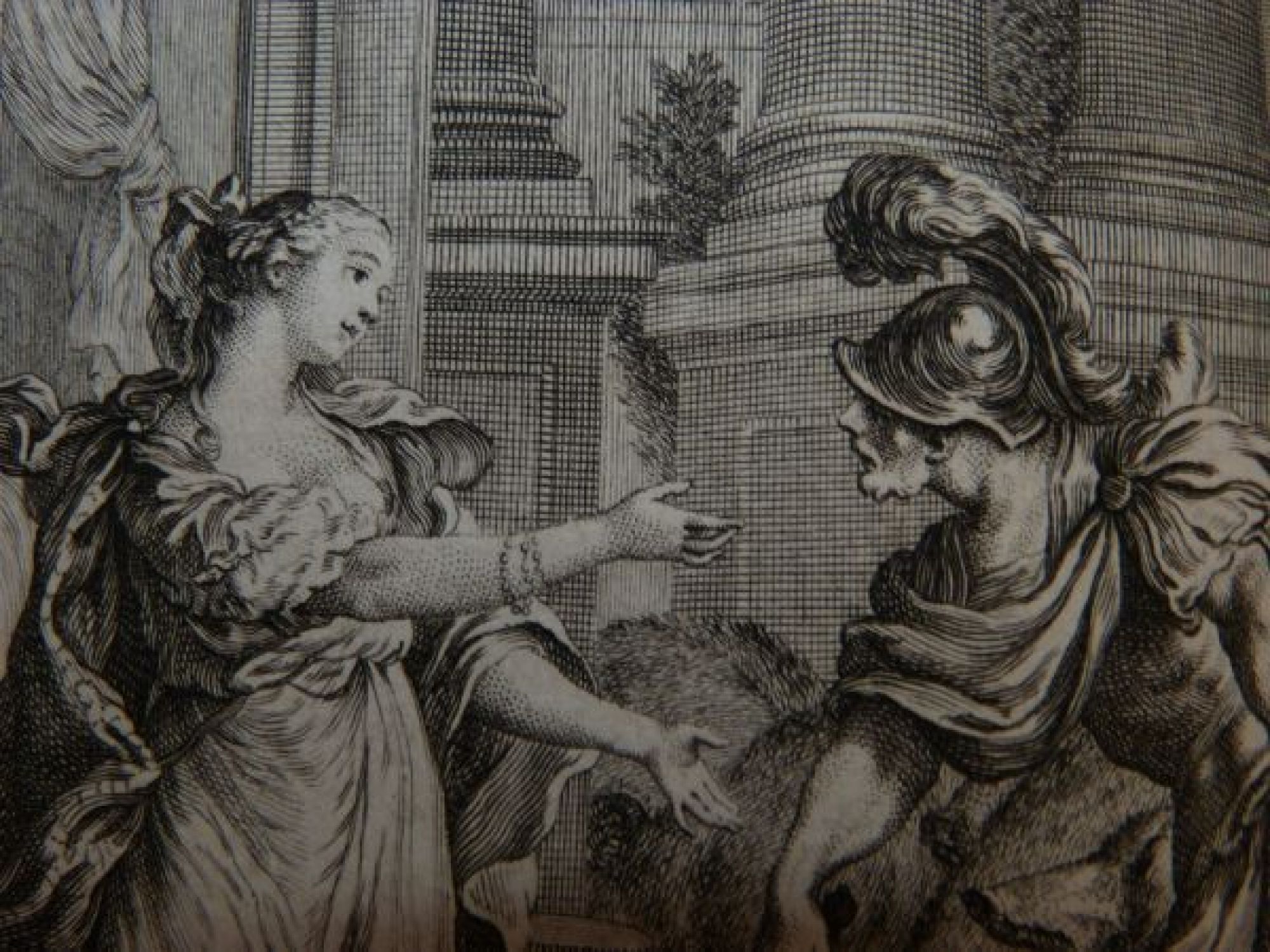

Rousseau's solution to the misery of life in his time was to change the laws and institutions. Rousseau thought that human beings were born naturally good and that they were corrupted by bad institutions such as governments, schools, cities and armies, which caused the social inequality, suffering and injustice that were everywhere around him. One of the main themes is the beauties of nature and the simple life as opposed to the corrupt and artificial life in the cities. New Heloise, Rousseau's first book is a romantic story told in the form of letters. His ideas stimulated or inspired." many other writers. Rousseau has been called the father of the Romantic movement because his "enthusiasm for nature and his appeal to the emotions. These books were very popular and made a profound impression on European thinking, especially influencing the Romantic movement. He worked at various odd jobs during this time, but never stuck to anything.Įventually he came to Paris where he wrote a few articles for the Encyclopedia and some music and poetry. Rousseau ran away at sixteen and wandered for twenty years. Rousseau never could tolerate any discipline, which can be seen in all of his writings, which are celebrations of the joys of radical individual freedom. Rousseau grew up in beautiful, rural Switzerland, which taught him to love nature however, thanks to his irresponsible father, Rousseau never learned self-discipline, nor did he have any patience with external controls. Rousseau's mother died at his birth, and his father raised him with no discipline and very little education. The high priest of Romanticism was Jean Jacques Rousseau (1712-1778). `The., across which, so strangely and so horribly, he had caught glimpses of what he had never seen before, was not the abyss between heaven and hell, but between the old world and the new.'" (Ayer, 171) Strachey's comment on this is that Diderot was wrong. One of the enlightenment philosophes, Denis Diderot, described Rousseau as a madman and a damned soul and "wrote that the poets had been right in placing an immense interval between heaven and hell, implying that Rousseau resided in hell. While we still think of Voltaire as a symbol of the power of reason, his contemporary, Jean-Jacques Rousseau, was one of the early, prominent voices of nineteenth century romanticism. The romantic writers and poets made a genuine break with the rational, orderly thinking of the eighteenth century Enlightenment.


 0 kommentar(er)
0 kommentar(er)
